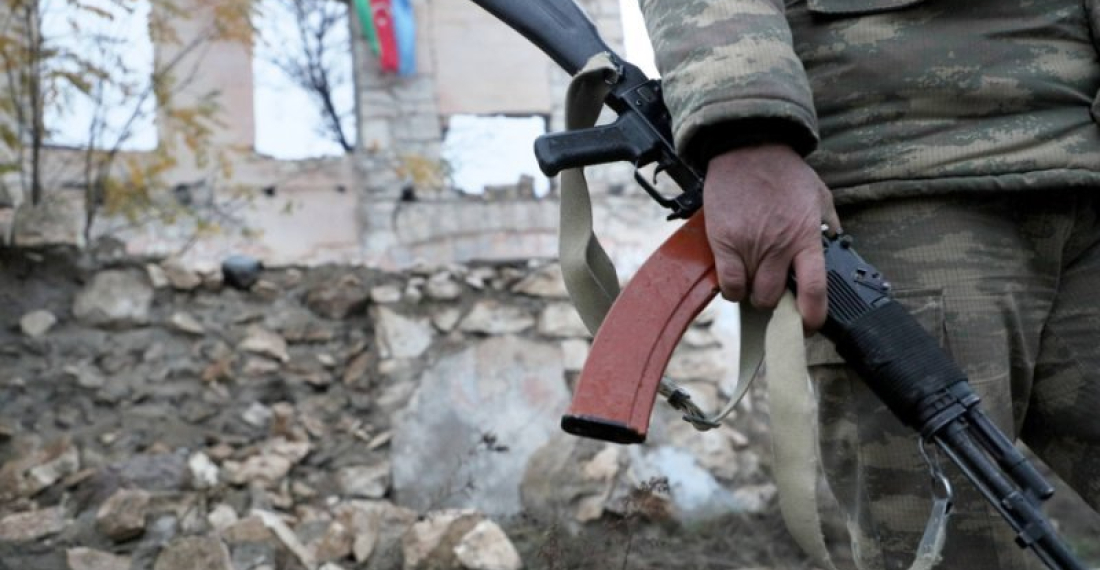The 24-hour Azerbaijani military operation in Nagorno-Karabakh has left hundreds of dead and wounded. Whilst most of the casualties are military personnel there are also some dead and wounded amongst civilians.
Sources close to the Armenian community of Nagorno-Karabakh say that 200 people have been killed and four hundred injured during the twenty-four-hour Azerbaijani military operation to regain control of the territory.
Human rights defender Gegham Stepanyan wrote on X (formerly Twitter) that "among the civilian population, the number of wounded exceeds 40, of which 13 are children. At the moment, there are 10 confirmed civilian victims, 5 of which are children". commonspace.eu has been able to confirm these figures independently.
Azerbaijan has also suffered casualties, including dead and wounded. Azerbaijani president Ilham Aliyev referred to this on Wednesday (20 September) in his televised speech to the nation, but he gave no figures. It is understood there may have been a small number of Azerbaijani civilian casualties too.
In the meantime, it was also reported that a number of Russian soldiers, part of the "peace-keeping" force in Nagorno-Karabakh have been killed by mistake. The Azerbaijani Ministry of Defence has confirmed the incident and extended its condolences.







